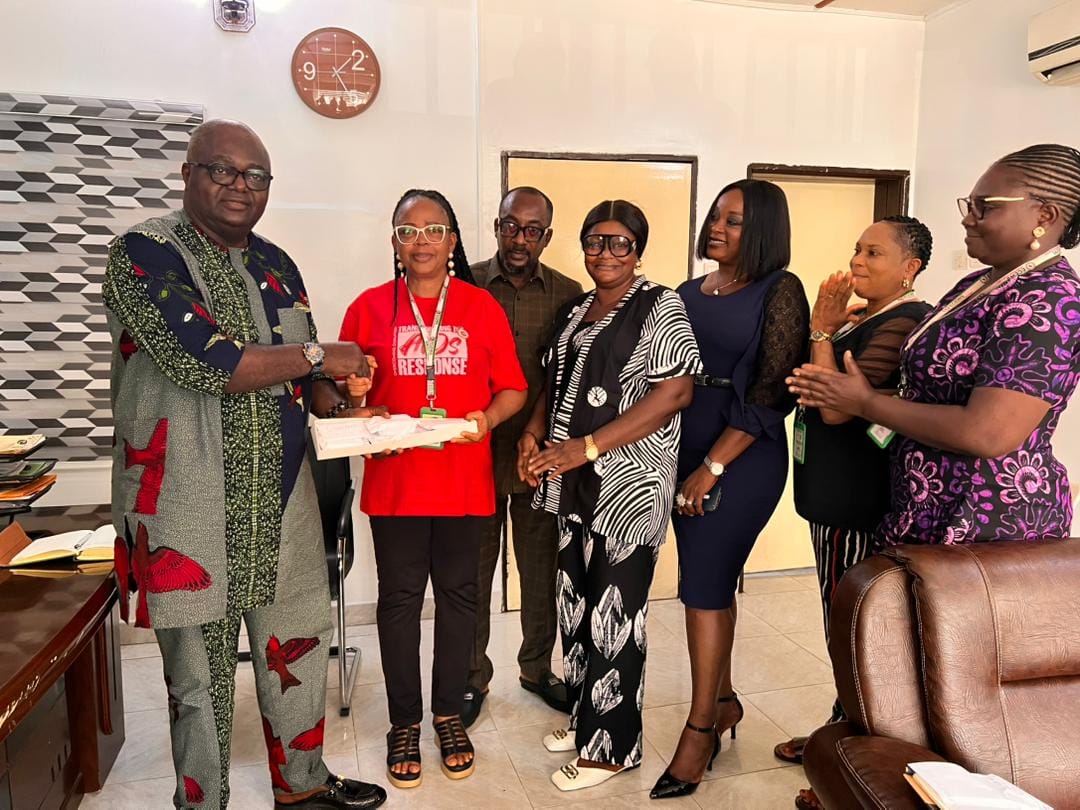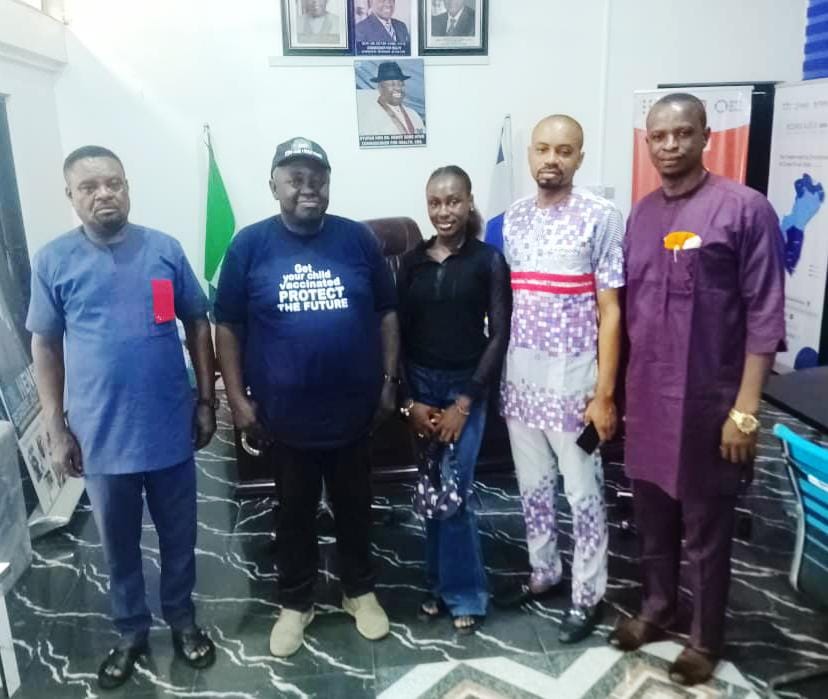In the quiet hours of Wednesday morning, July 16, the cries of a newborn baby girl broke the silence at Nyanghasang Health Center in Calabar. Born at exactly 3:00 a.m. and weighing a healthy 3.5 kilogrammes, her safe arrival marked more than just a new life, it was a testament to a growing legacy of quality, accessible healthcare under Governor Bassey Edet Otu’s transformative Health Palliative Program.
Once a neglected and dilapidated facility, Nyanghasang Health Center has become a beacon of hope and a model of success for community-based primary healthcare in Cross River State. The turnaround began nearly a year ago, when Governor Otu launched the State Health Palliative Programme, a bold initiative designed to provide free medical services to the most vulnerable: pregnant women, children under five, and the elderly above 70.
Today, Nyanghasang stands as the flagship of that vision. It is a fully revitalized facility with round-the-clock services, professional staffing, upgraded infrastructure, and most importantly, no cost to patients.
“This center was once forgotten. Today, it is saving lives daily,” said Mrs. Emana Uno, the grateful mother of the newborn. Her prenatal and delivery care came entirely free of charge, eliminating the out-of-pocket burden that often deters many from seeking timely healthcare.
“Governor Otu’s health palliative program removed the financial stress from my household. Everything from antenatal to delivery was at no cost,” Mrs. Uno shared, holding her newborn with a smile of relief and gratitude.
Behind this transformation is not just a stroke of political will but a well-structured healthcare model being replicated across the state. Under the initiative, at least one primary health center in each of the 18 local government areas is being renovated and equipped to deliver similar services.
Dr. Henry Egbe Ayuk, Cross River State Commissioner for Health, hailed the project as a game-changer in the state’s pursuit of universal health coverage.
“His Excellency, Governor Otu, and his dear wife, our mother Bishop Eyoanwan Itam Otu, have been at the forefront of this initiative, ensuring that free, quality healthcare reaches the people who need it most,” he said.
At Nyanghasang Health Center alone, hundreds of babies have been delivered without a single recorded maternal or neonatal death. The facility is fully staffed with a doctor, nurse-midwives, community health workers, laboratory scientists, and pharmacy staff. A well-stocked pharmacy, functional laboratory, and reliable drug supply chain ensure that patients are never turned away due to lack of medication.
Additionally, a tricycle ambulance provides emergency referral services, and an on-site staff quarters allows health workers to maintain 24-hour service delivery.
“The most remarkable part of this story,” Dr. Ayuk noted, “is that all of these services are completely free. No patient is asked to pay a kobo.”
The Nyanghasang model is not an isolated success. As part of the State Health Palliative Programme, similar upgrades and service expansions are underway across all LGAs, laying the groundwork for a robust, equitable primary healthcare system.
Thousands of women, children, and elderly residents across Cross River have already benefited from the programme through both health facility care and mobile medical outreaches to hard-to-reach communities.
For many, especially in rural or low-income areas, this initiative represents a first real access to consistent and dignified healthcare.
Governor Otu’s vision goes beyond just upgrading buildings; it aims to rebuild trust in the healthcare system and make good health a basic right, not a privilege. His administration’s approach is rooted in accessibility, quality, and compassion, especially for those who have long been left behind.
As the cries of another newborn echo through the labor room of Nyanghasang Health Centre, they carry with them a message: a healthier Cross River is not just a hope; it is already being born.








